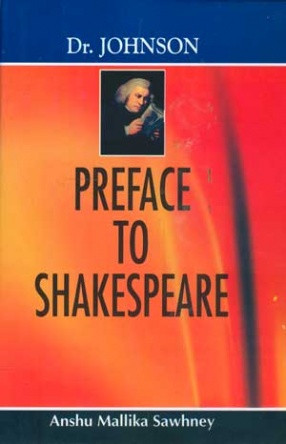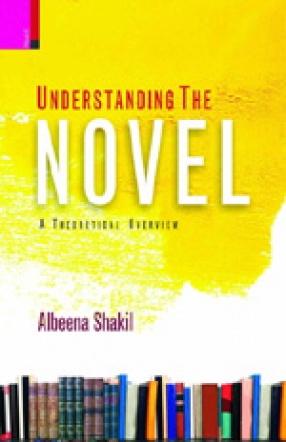Johnson wrote a considerable body of verse, from the beginning of his career to the end. Nearly all the attention, however, has been focused on a few major (and often-anthologized) poems: London (1738) and The Vanity of Human Wishes (1749) above all. Some of the others that receive at least some attention include his early Latin translation of Pope's Messiah, Gnothi Seauton (Greek for "know Thyself"), "The Drury Lane Prologue" " A Short Song of Congratula-tion," and "On the Death of Dr. Robert Levet."
Johnson's two most famous poems are imitations of the Latin satirist Juvenal: London, his first major literary success, is an imitation of Juvenal's third satire, and Vanity follows the tenth. The data for this work has been gathered with painstaking exactness and it is hoped that its accuracy is commensurate with the efforts that have been put forth to make it so, and that it may be a valuable work of reference for both the student and teachers of literature.
The book Samuel Johnson-Preface to Shakespeare combines biography with literary criticism. It also will provide the reader with useful background information on the poet. Students interested in reading criticism will find the chapter 'Critical Essays' as a good resource. For general background information the reader is referred to the bibliography.






There are no reviews yet.